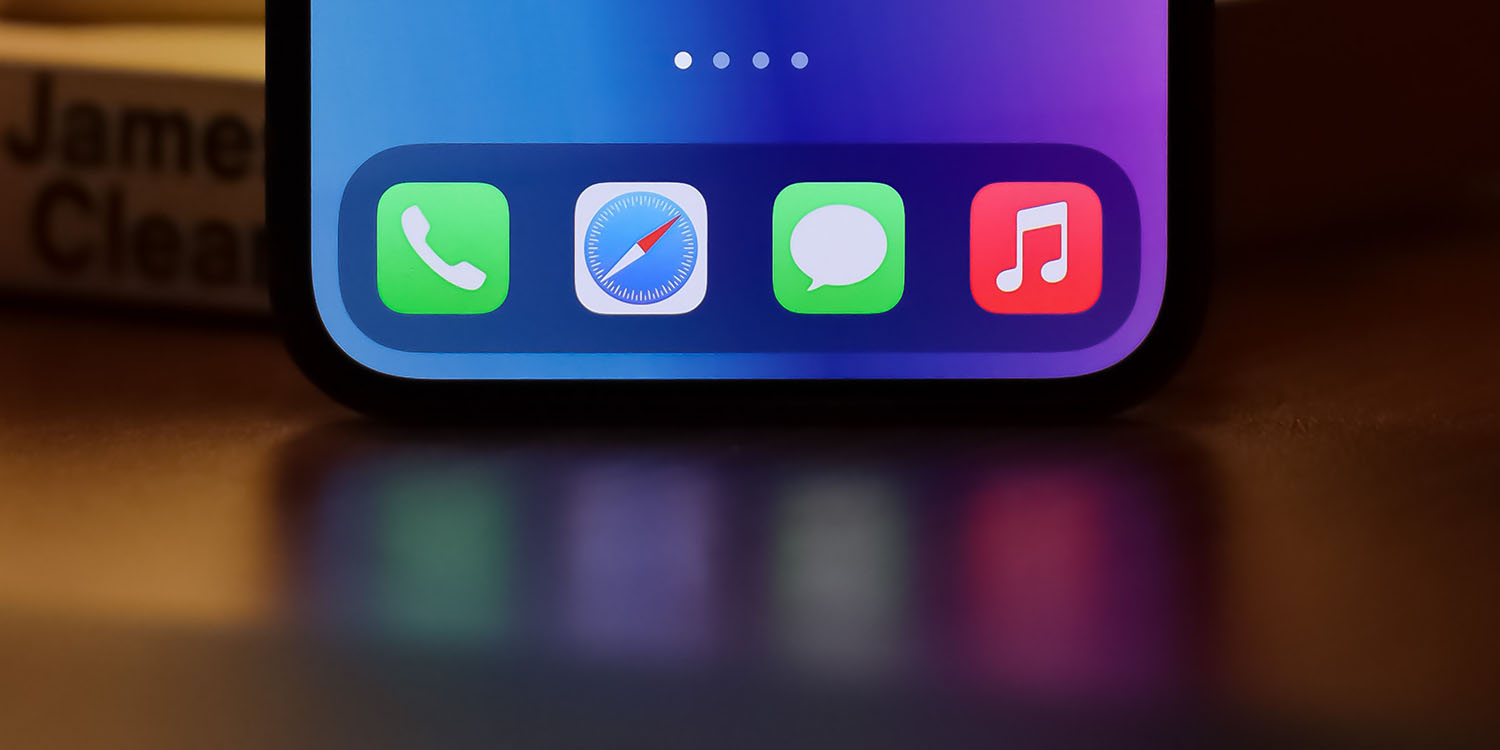
We may soon see entirely new iPhone browsers available, as both Google and Mozilla anticipate the end of Apple’s insistence that all iOS browsers use the same WebKit engine as Safari.
This will enable new versions of Chrome and Firefox to offer greater feature differentiation, and for the first time allow them to aim for faster performance than Safari …
Background
Currently, anyone can create a new iPhone browser, but with one huge restriction: Apple insists that it uses the same WebKit rendering engine as Safari.
That effectively means that all iOS browsers are the same under the hood. This limits the number of new features which can be offered by competing browsers, and also means it’s impossible to create an iPhone browser which renders pages faster than Safari.
However, the growing antitrust pressure facing Apple includes claims that the WebKit requirement is anticompetitive. For example, the UK’s Competition and Markets Authority (CMA) found that:
Apple bans alternatives to its own browser engine on its mobile devices; a restriction that is unique to Apple. The CMA is concerned this severely limits the potential for rival browsers to differentiate themselves from Safari (for example, on features such as speed and functionality) and limits Apple’s incentives to invest in its browser engine.
This restriction also seriously inhibits the capability of web apps – apps that run on a browser rather than having to be individually downloaded – depriving consumers and businesses of the full benefits of this innovative technology.
Apple is therefore expected to drop the WebKit requirement sooner rather than later. In particular, the European Digital Markets Act looks set to force the hand of the iPhone maker, with reports that Apple will drop the requirement as part of iOS 17 later this year.
New iPhone browsers without WebKit
Both Google and Mozilla are now working on new iOS browsers which use the same rendering engines as their desktop browsers.
For Google’s Chrome, that’s Blink:
Google’s Chromium team has moved full steam ahead on porting Blink to iOS, introducing dozens of related code changes in the past week. At the pace things are progressing, we may have our first look at the browser engine for Chrome — and Microsoft Edge, Opera, and more — running on iOS in the coming weeks.
Top comment by pika2000
Apple needs to put Safari on Windows (again) and Android if they want Safari to not die out. Keeping Safari only on Apple device will seal its fate.
For Mozilla’s Firefox, it’s Gecko:
Mozilla is planning for the day when Apple will no longer require its competitors to use the WebKit browser engine in iOS. Mozilla conducted similar experiments that never went anywhere years ago but in October 2022 posted an issue in the GitHub repository housing the code for the iOS version of Firefox that includes a reference to GeckoView, a wrapper for Firefox’s Gecko rendering engine.
The latter had seemed at the time to be for internal use only, but now appears to be aiming for a public app.
Apple preparing for Safari competition
The Register reports that Apple recognizes the threat posed by real competition in iPhone browsers, and is beefing up its development team.
Safari developed a reputation for lagging behind Chrome and Firefox. Apple, however, appears to be aware of the risk posed by regulators and has added more staff to the WebKit team to close the capabilities gap.
FTC: We use income earning auto affiliate links. More.



Comments